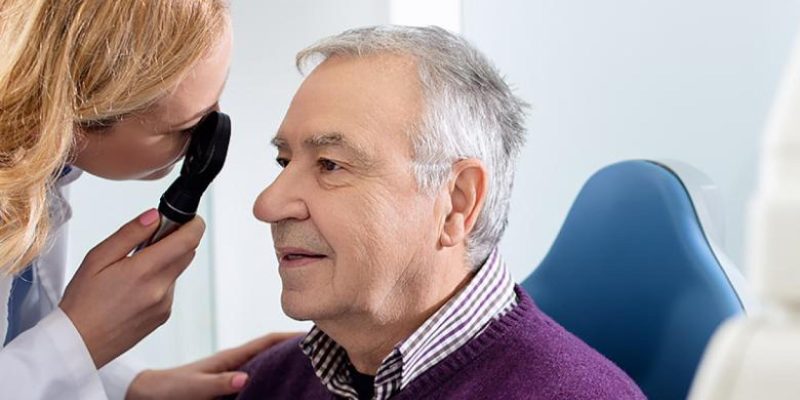Age-related macular degeneration (AMD) is a progressive eye condition and a leading cause of vision loss in older adults. As it affects the macula — the central part of the retina responsible for sharp, straight-ahead vision — AMD can have a profound impact on daily living. While there is no outright cure, early detection significantly improves the effectiveness of treatment, especially within private healthcare settings where timely intervention and access to advanced therapies are possible.
Understanding the Two Types of AMD
AMD is classified into two main types: dry and wet. Dry AMD is more common and progresses slowly, marked by the thinning of macular tissues and the accumulation of drusen (tiny protein deposits). Wet AMD, although less common, is more severe and results from abnormal blood vessel growth under the retina, leading to sudden vision loss if untreated.
Recognizing these distinctions is crucial because treatment options vary significantly between types. Early detection helps clinicians determine the subtype and initiate appropriate therapy before vision deterioration becomes irreversible.
The Role of Early Detection
One of the biggest challenges with AMD is that it often develops silently. Many individuals don’t realize they have a problem until they experience blurred or distorted central vision. By this point, damage may already be advanced.
Routine eye exams, particularly for those over 50 or with a family history of AMD, are vital for early detection. Ophthalmologists can identify early signs through imaging technologies like optical coherence tomography (OCT) and fundus photography, which reveal retinal changes long before symptoms arise.
When AMD is identified early, patients have a better chance of slowing progression, preserving vision, and exploring a broader range of treatment options.
Advantages of Private AMD Treatment
The private healthcare sector offers several benefits that make it particularly effective in managing early-stage AMD. These include shorter wait times, prompt access to retinal specialists, and availability of cutting-edge diagnostic and therapeutic tools.
Patients who pursue private age related macular degeneration treatment often receive more personalized care and quicker intervention. For wet AMD, this can be critical, as timely administration of anti-VEGF injections — which block the growth of abnormal blood vessels — can stabilize or even improve vision.
In cases of dry AMD, early management through dietary changes, lifestyle modifications, and antioxidant supplements can significantly delay progression. Moreover, private clinics may offer access to emerging therapies and clinical trials, giving patients more options than those typically available in the public system.
Real-World Impact of Timely Intervention
Research supports the strong link between early detection and improved outcomes in AMD treatment. Studies show that patients diagnosed at an early stage are more likely to maintain functional vision and independence.
For instance, individuals with early-detected wet AMD who begin anti-VEGF therapy within two weeks of diagnosis are more likely to retain 20/40 vision or better. This level of vision enables continued driving, reading, and other critical tasks that enhance quality of life.
Early detection also gives patients and doctors the time to implement supportive strategies like nutritional counseling, smoking cessation programs, and low vision rehabilitation — all of which contribute to long-term eye health.
Raising Awareness and Taking Action
Despite the benefits of early diagnosis, many people still delay eye check-ups or overlook early symptoms. Blurred vision, difficulty seeing in low light, and straight lines appearing wavy should never be ignored.
Raising public awareness about AMD and encouraging routine screenings are key to improving outcomes. Patients should be proactive in discussing risk factors with their general practitioner or optometrist, especially as they age.
Choosing private age related macular degeneration treatment ensures not only quicker access but also the opportunity to benefit from integrated care plans that combine medical, nutritional, and rehabilitative support.
Prevention and Precision Matter
Age-related macular degeneration can be a life-altering condition, but it does not have to lead to blindness. The key lies in early detection, which opens the door to better treatment outcomes and a higher quality of life.
When paired with the advantages offered by private treatment pathways — including speed, specialist access, and advanced care options — early diagnosis becomes even more impactful. Whether through regular eye exams or improved public education, catching AMD early is the single most effective way to preserve vision and independence for years to come.

Comments